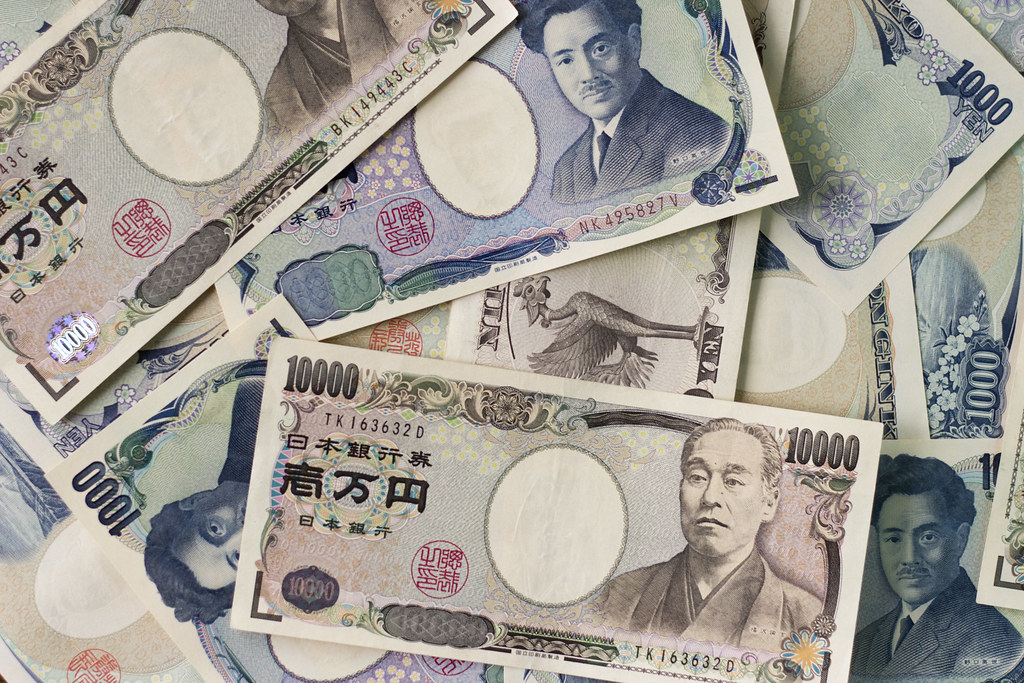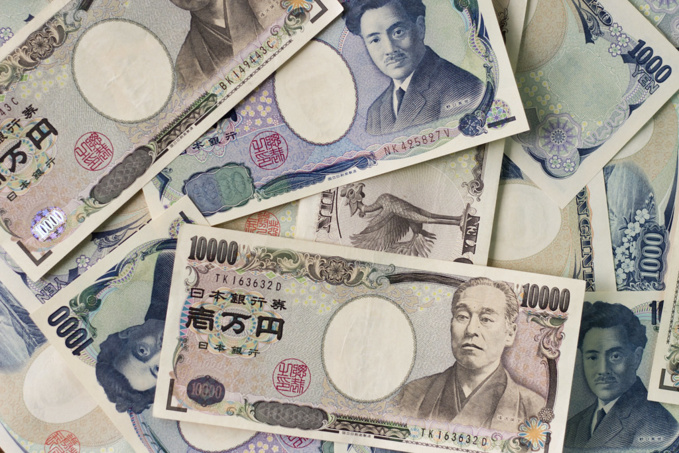The recent escalation of the trade conflict between the United States and China has shocked financial markets and triggered an undesirable yen rise. This has increased likelihood of increasing incentives for the Central Bank of Japan in order to prevent risks for an export-dependent economy.
However, Ichiro Fujiwara, who heads the Japan Second-Level Association of Regional Banks of Japan, warned that a further decline in negative rates would increase the banking sector’s damage from many years of ultra-soft monetary policy.
"The side effects of this step will be more significant and will affect not only regional banks, but the entire financial industry," said Fujiwara.
Fujiwara does not expect a significant increase in interest rates in the coming years, as economic uncertainty abroad does not allow the Bank of Japan to abandon the ultra-soft policy.
This means that regional banks need to quickly come up with new ways to stay competitive, although merging or consolidating a business with other banks is not necessarily the best option, he said.
source: asia.nikkei.com
However, Ichiro Fujiwara, who heads the Japan Second-Level Association of Regional Banks of Japan, warned that a further decline in negative rates would increase the banking sector’s damage from many years of ultra-soft monetary policy.
"The side effects of this step will be more significant and will affect not only regional banks, but the entire financial industry," said Fujiwara.
Fujiwara does not expect a significant increase in interest rates in the coming years, as economic uncertainty abroad does not allow the Bank of Japan to abandon the ultra-soft policy.
This means that regional banks need to quickly come up with new ways to stay competitive, although merging or consolidating a business with other banks is not necessarily the best option, he said.
source: asia.nikkei.com



















